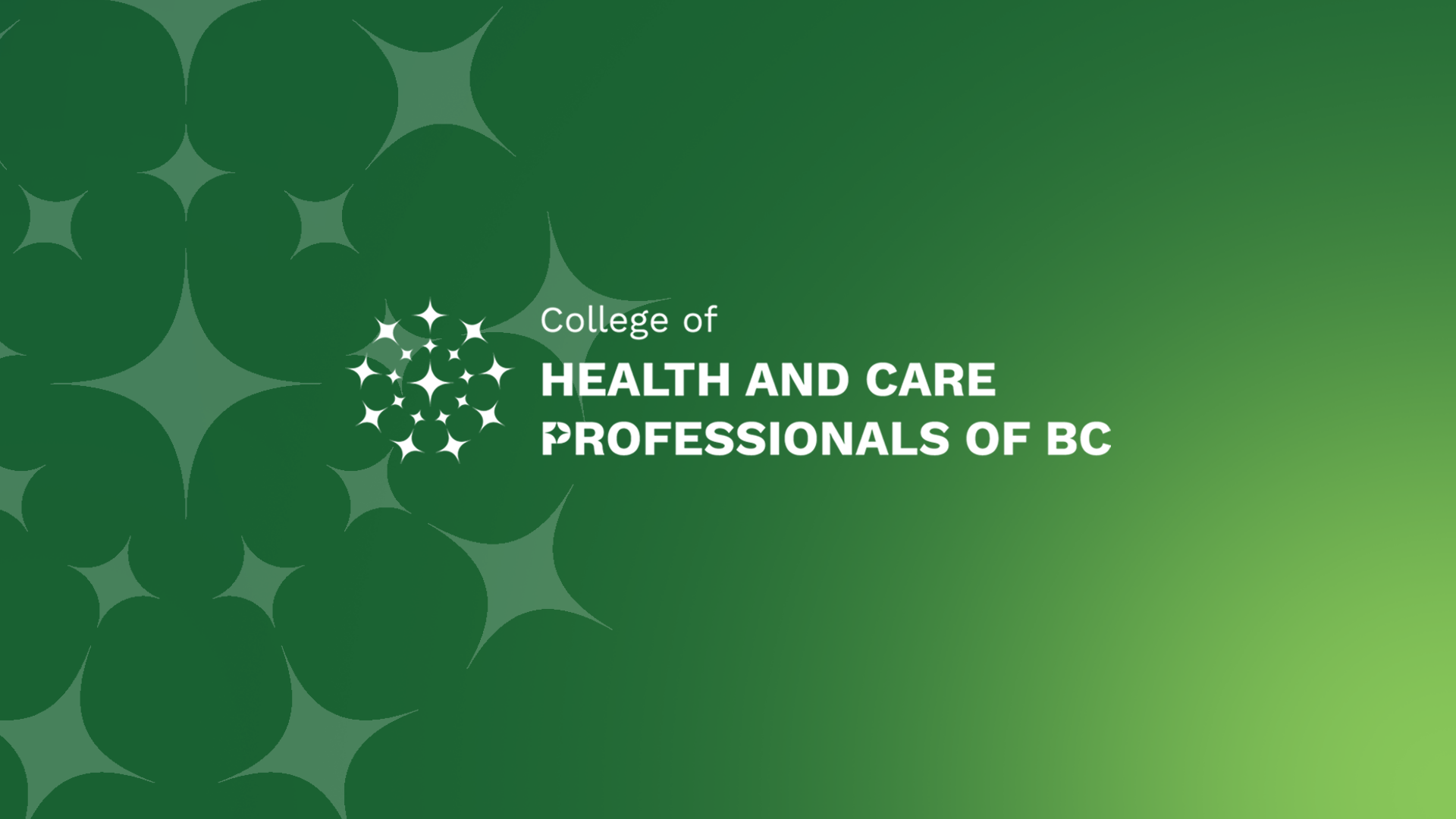CHCPBC has posted the following message on behalf of the Alliance of Canadian Dietetic Regulatory Bodies:
An update on the Canadian Dietetic Registration Examination review from the Alliance of Canadian Dietetic Regulatory Bodies
Disclaimer: Please note that maintaining the confidentiality, validity, and integrity of the Canadian Dietetic Registration Examination requires that certain components of the professional licensing examination remain confidential.
The Alliance of Canadian Dietetic Regulatory Bodies (the Alliance) takes a cohesive national approach in supporting the regulatory mandate of each provincial jurisdiction to protect the public interest. As the administrator of the Canadian Dietetic Registration Exam (CDRE), the Alliance is committed to ensuring the ongoing integrity of the CDRE to support the licensure of competent, safe, and ethical Registered Dietitians.
As announced on February 10, 2025, the Alliance engaged Wickett Measurement Systems (Wickett), a third-party psychometric expert, to review the CDRE process and outcomes. Wickett did not identify concerns with the May 2025 CDRE content or the content development process, and as such, the CDRE will be administered on May 22-23, 2025.
Wickett’s review of the May 2025 CDRE, and the exam development process provided valuable insights and highlighted three key observations that reinforce the integrity and quality of the CDRE that help the Alliance continue to uphold high standards for the exam:
- The examination committee, which is made up of Registered Dietitians who provide multiple perspectives on dietetic practice in Canada, meet regularly to validate questions and conduct standard-setting for the CDRE. The committee members are dedicated to upholding the quality of the CDRE and the expectations for those who seek licensing as dietitians in Canada.
- The test questions reviewed by Wickett met standard expectations for multiple-choice questions and are monitored by the examination committee for suitability in setting a pass mark.
- The standard-setting processi (i.e., the modified Angoff method), could be enhanced with additional methods.
With support and expertise from Wickett and the CDRE provider, the examination committee will implement the following recommendations to process the evidence and establish the May 2025 pass mark, which includes:
- The examination committee’s modified Angoff ratingsii
- Results from statistical equating analysesiii
- Observations from regulatory bodies regarding the general level of candidate and new-registrant preparedness with particular focus on any recent trends they have observed, including feedback from educational programs and employers.iv
- Hofsteev ratings made by the examination committee
In alignment with industry standards and best practices, the final pass mark is determined following the administration of the exam, after data/evidence is gathered, analyzed, and reviewed. This will be achieved by following sound psychometric industry practices and the continuing involvement of dietetic, psychometric, and regulatory experts in the examination process. The examination committee will be asked to deliberate on the evidence and form a recommendation on the most appropriate pass mark. That recommendation will be provided to the Alliance for final approval.
Once this process is complete, the results of the May 2025 exam will be released within the typical eight-week timeframe.
Questions and comments can be directed to the Alliance at info@dieteticregulators.ca.
Definitions
i. Standard-setting is the practice of establishing performance expectations for a professional designation. In this context, the standard is the pass mark (or cut score) on a test that reflects the minimum expected competence for candidates seeking to be licensed.
ii. The Modified Angoff method is a standard-setting technique used to determine a passing score, involving a panel of subject matter experts (SMEs) estimating the probability that a minimally competent candidate would answer each item correctly.
iii. Equating is a statistical technique that makes an adjustment to a pass mark on a new form of an exam that compensates for minor changes in form difficulty. This analysis ensures that candidates have an equivalent opportunity to pass the exam regardless of which form of the exam they have taken.
iv. This is standard psychometric practice. Information will be considered when the examinations committee makes final pass mark recommendations to help inform the pass rate that would be expected and supported by concrete factors outside the examination (such as, for example, changes in education practices or eligibility requirements). All information will be considered in relation to the source and any potential biases, confidence in the accuracy of the information, and the degree to which the information pertains to specific candidates or candidates in general. This information provides additional context to the statistical analysis.
v. The Hofstee method is often used alongside the modified Angoff method when establishing pass marks.

